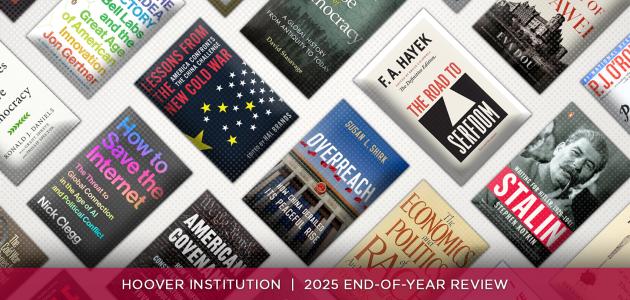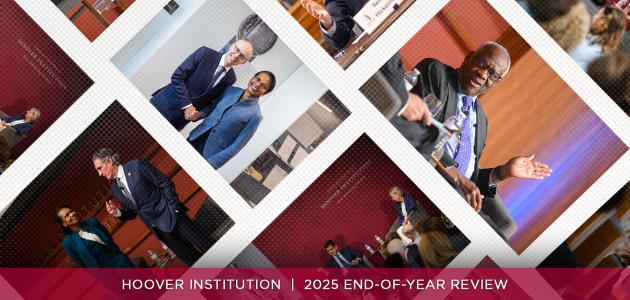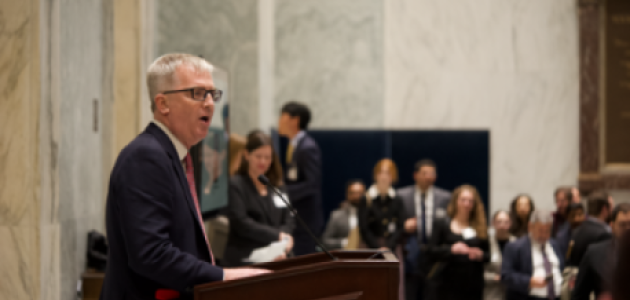Establishment intellectuals in China, believed by some to be subservient to the Communist Party hierarchy, are starting to pursue political reforms. Wenfang Tang, a former national fellow at the Hoover Institution, uses survey data to explain their changing role in Party Intellectuals’ Demands for Reform in Contemporary China, a new Hoover Institution Essay in Public Policy.
Tang compares survey responses of urban Chinese citizens with university and junior college degrees to those without advanced degrees. Answers given by intellectuals active in the Communist Party and their counterparts outside the political system were similar on economic and social issues, but different on political issues.
Overall, intellectuals were less materialistic than were non-intellectuals, and scholarly groups considered a willingness to seize opportunities more important than family background in determining career success.
Intellectuals were also more likely to support political reforms. Tang notes that all intellectuals surveyed, party intellectuals seemed to show more political activism, were more supportive of reform, and more critical of their government than non-party intellectuals.
The essay also reviews the sometimes perilous relationship between the Chinese political system and the nation’s intellectuals, who comprise about two percent of the country’s total employed population.
Mao Zedong placed limits on the number of individuals with advanced degrees in the Communist Party, and on their level of influence. Although Mao stressed the importance of intellectuals in winning the Chinese revolution, he didn’t feel secure enough to include them until they changed what he considered their elitist attitudes following the Cultural Revolution of 1966–1976, Tang states.
By 1978, Deng Xiaoping realized intellectuals were necessary to modernize China’s economy. Their status was quickly upgraded and demands on them to study the party’s policies decreased, according to Tang.
Wenfang Tang is an associate professor of political science at the University of Pittsburgh, where he works on social and political change in contemporary urban China. He was a national fellow at the Hoover Institution from 1997 to 1998, and is a visiting professor at the School of International Studies, Peking University from 1999 to 2000. Cambridge University Press will publish his new book, Chinese Urban Life under Reform: The Changing Social Contract, coauthored with William Parish, in 2000.













